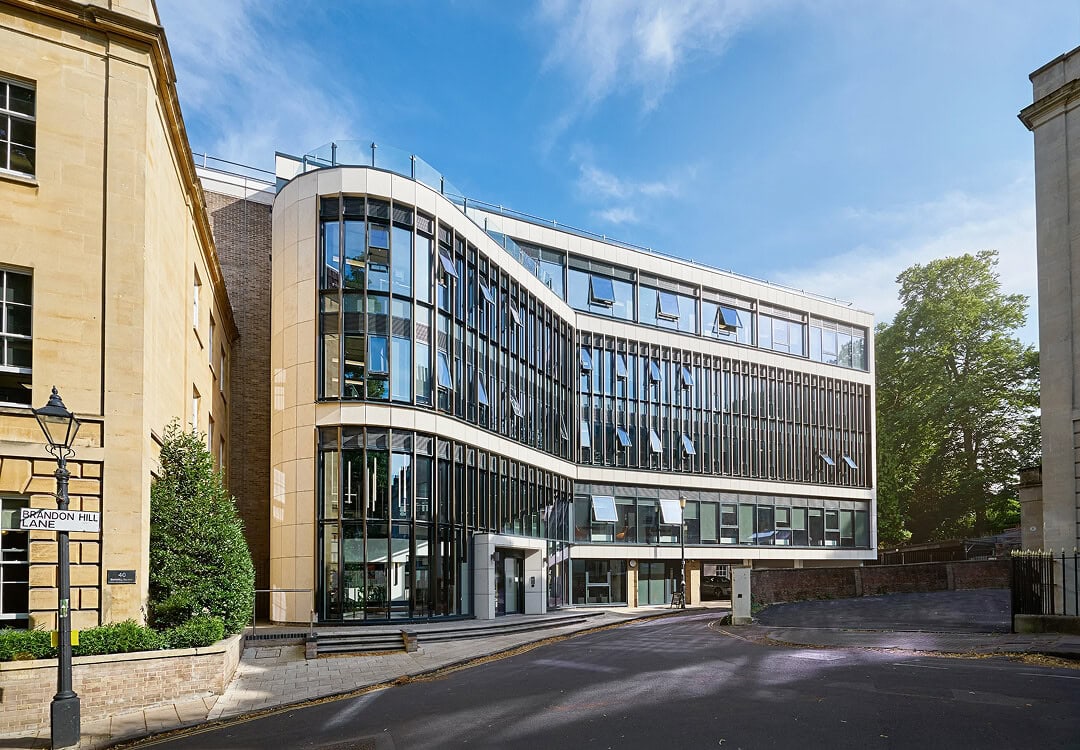News
UK Court of Appeal rejects AI inventor claim
September 2021
In a Judgment handed down on 21 September 2021 ([2021] EWCA Civ 1374), the Court of Appeal has rejected an appeal by Dr. Stephen Thaler claiming that it should have been possible for him to name an Artificial Intelligence (AI) entity as the inventor on his UK patent applications. This judgment perhaps makes more emphatic the need for a change in UK legislation to keep pace with the increasing prevalence of AI, particularly if inventions created by AI entities are to be protectable. However, as there was a dissenting judgment at the Court of Appeal, with Lord Justice Birss coming to a different finding to that of Lord Justice Arnold and Lady Justice Elisabeth Laing, it is likely that permission to appeal to the UK Supreme Court will be sought.
This Court of Appeal decision follows previous judgments by Mr. Justice Smith at the High Court and the UK Intellectual Property Office (UK IPO) which came to similar conclusions. Parallel cases have been contested by Dr. Thaler across different jurisdictions. Corresponding patent applications were refused by the European Patent Office, with those decisions now under appeal. Patent applications were also refused by the US PTO, with a later judgment by a US District Court in Virginia upholding the decision of the US PTO. Conversely, in a parallel case in Australia, Justice Beach of the Federal Court of Australia determined that an AI machine can be named as an inventor on a patent application, albeit this decision can be appealed by the Australian Patent Office. In addition, a corresponding patent application naming an AI entity as inventor has been granted in South Africa.
The High Court judgment under appeal in the UK had concluded that it was correct for Dr. Thaler’s UK patent applications, which named an AI entity (DABUS) as the sole inventor and Dr. Thaler as the applicant, to be deemed withdrawn by the UK IPO on the basis that an inventor must be a natural person (which DABUS is not) and that, in any event, DABUS lacks a legal personality and so would be incapable of holding property (such as the right to file patent applications) or transfer such property to Dr. Thaler as applicant. The majority opinion in the Court of Appeal judgment upholds this position.
The reasoning provided by Lord Justice Arnold and Lady Justice Elisabeth Laing in their majority opinion in the Court of Appeal judgment was as follows. Section 13(2) of the UK Patents Act 1977 (with reference to the judgement in Nippon Piston Ring Co. Ltd’s Application [1987] RPC 120) required that the applicant identifies “the person or persons whom he believes to be the inventor or inventors” and “the derivation of his right….to be granted a patent”. These requirements were not met by Dr. Thaler on the basis that: an inventor must be a person and Dr. Thaler deliberately identified a non-person (DABUS) as the inventor; and Dr. Thaler did not identify “the derivation of his right….to be granted a patent” – rather he merely asserted that it was sufficient that he owned DABUS which, as a matter of law, was incorrect. Thus, the majority opinion maintained the position as held by Mr. Justice Smith at the High Court.
A dissenting judgment by Lord Justice Birss found that Dr. Thaler had met the requirements under section 13(2) of the UK Patents Act 1977 by filing a statement identifying the person or persons whom he believed to be the inventor or inventors (his statement identified no person as the inventor because he believed there to be no human inventor) and giving an indication of the derivation of his right to be granted the patent (his ownership of DABUS). Lord Justice Birss held that there was no requirement for the Comptroller to examine the correctness of the applicant’s claim to the right to grant of the Patent under section 13(2) of the UK Patents Act 1977.
Given the dissenting judgment and the success achieved by Dr. Thaler in parallel cases in Australia and South Africa, it seems likely that permission to appeal to the UK Supreme Court will be sought.
While other developments in technology that extend far beyond the legislators’ vision, such as the increasing usage of computer programs, have largely been dealt with in the UK patent system by flexible interpretations of existing laws, the present Judgment closes off this option for dealing with the issue of protecting AI-created inventions. Indeed, Lady Justice Elisabeth Laing, observed (section 103) that “If patents are to be granted in respect of inventions by machines, the 1977 Act will have to be amended”. Thus the present judgment would appear to make more emphatic the apparent need for a change in legislation to keep pace with the increasing prevalence of AI.
That said, echoing comments made by Mr. Justice Smith in the UK High Court judgment, Lord Justice Birss stated that “There is more than a hint in this case of the idea that if only Dr. Thaler was not such an obsessive and, instead of calling DABUS the inventor, he named himself and then none of these problems would arise.” Thus, although (as before) no decision was made on this point since it was not under appeal, it does still appear that another potential route by which AI-created inventions could be protected using current UK patent laws would be to recognise the owner of the AI-entity as the “inventor”. However, this remains untried and untested before the courts.
It appears from their commitment to a new consultation regarding “AI as an inventor” that the UK Government is open to legislative change to enable AI-created inventions to be protected. However, rather than rushing out new legislation, it appears that the UK Government is moving cautiously at a sensible pace, consulting closely with industry with the aim of ensuring that any legislative change enacted meets perceived present and potential future requirements.
This update was prepared by HGF’s Patent Director Dr Andrew McGettrick.






























